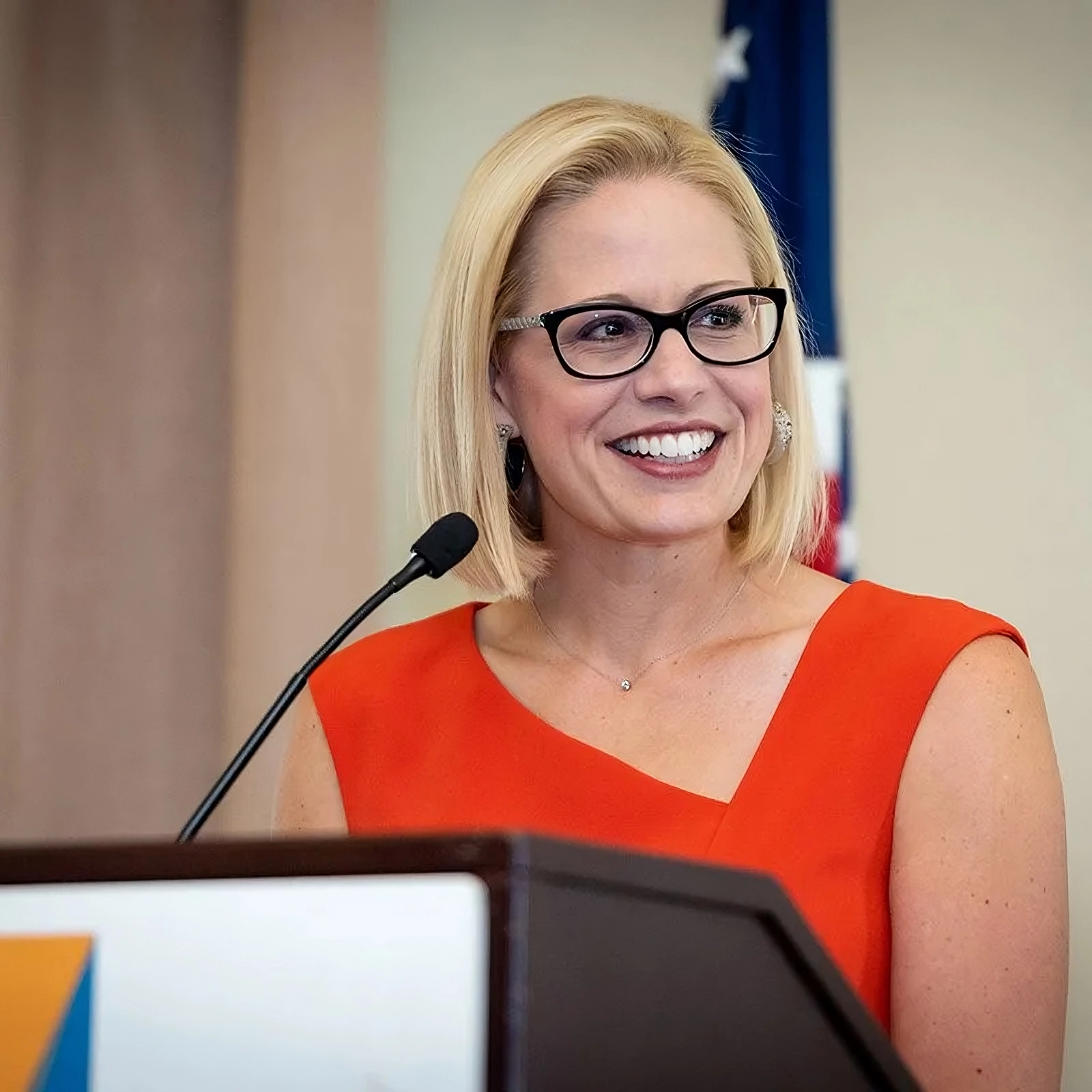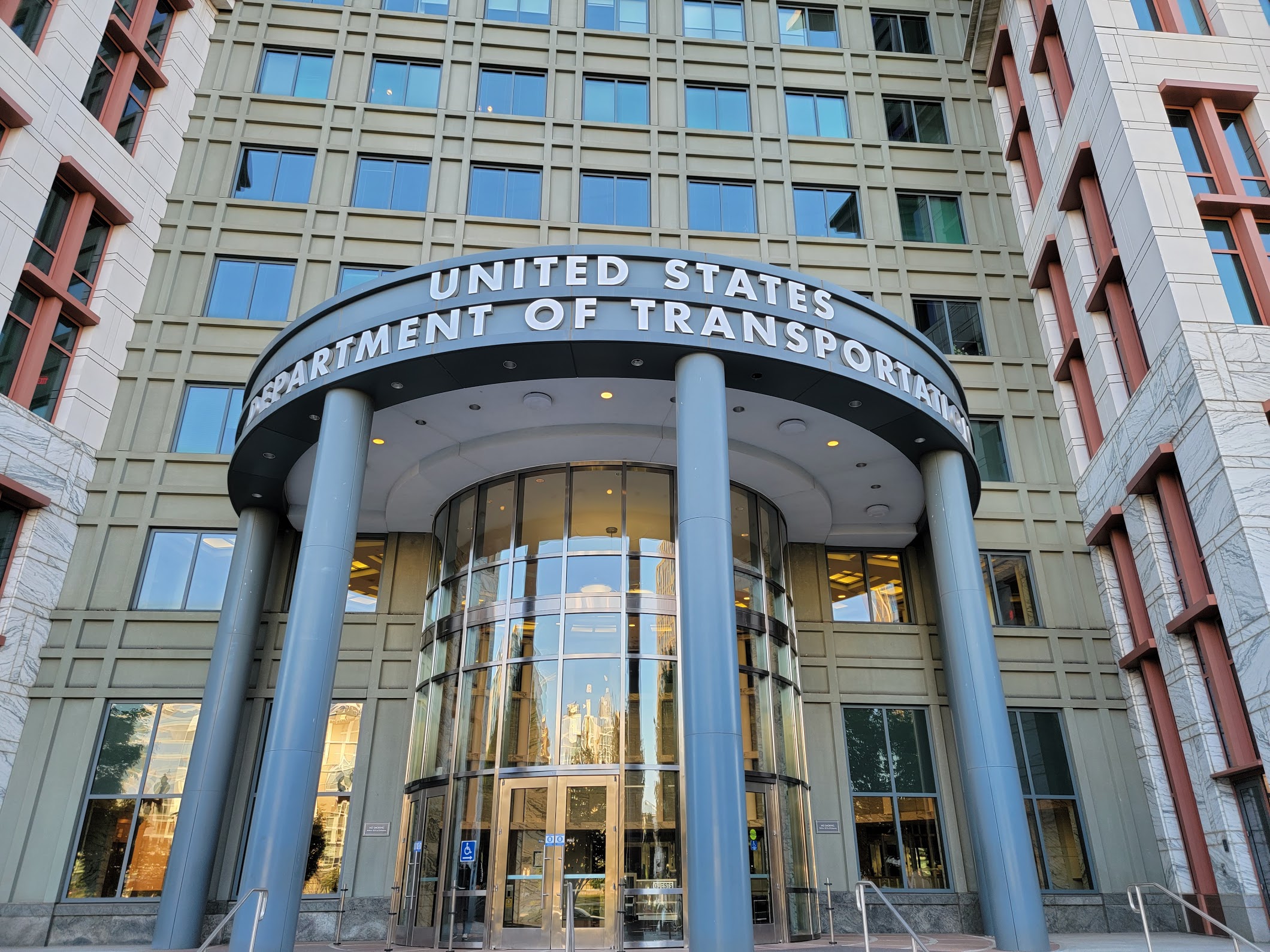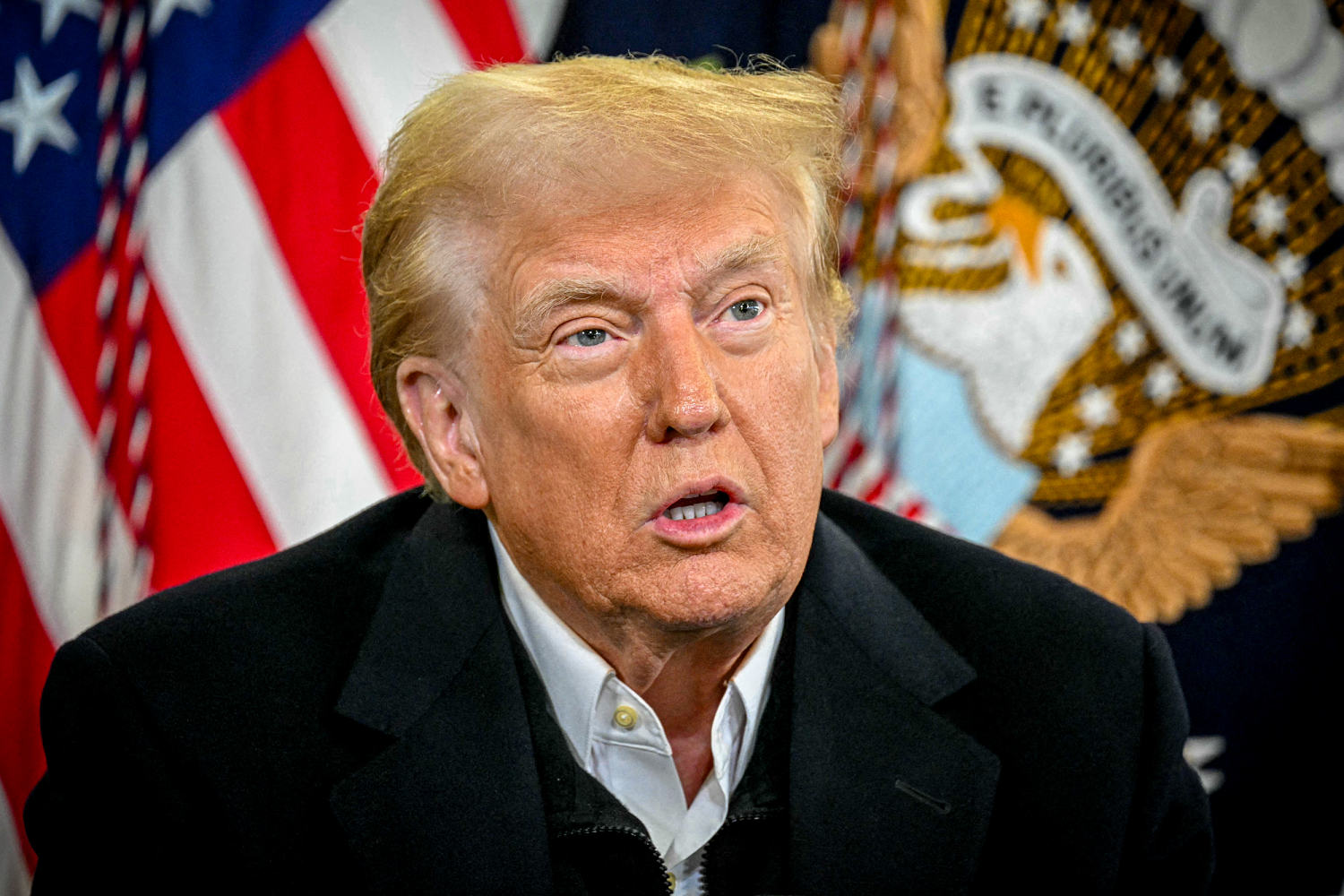Time to settle up? The new administration and the tech cases
The Trump administration is expected to adopt a measured approach to antitrust enforcement, balancing the need to enforce the law with the need to preserve U.S. innovation and global competitiveness, particularly in light of China's strength.

To litigate or to settle — that is the question.
As the Trump administration reviews major antitrust cases against five of America’s largest tech companies, it must decide how to enforce competition laws while preserving U.S. innovation and global competitiveness, especially in light of China’s strength.
A measured approach seems most likely — and wisest. Precedent, policy and the president’s own statements suggest that the administration will seek to enforce the antitrust laws vigorously but in a manner that allows these companies to continue to innovate and compete internationally.
To set the stage, the Biden administration sought to smash apart America’s leading tech companies with an almost messianic zeal. The Federal Trade Commission sought to unwind Meta’s acquisitions of Instagram and WhatsApp, deals that closed a decade ago and were reviewed at the time;.
Having prevailed at trial in its search lawsuit on fairly narrow grounds, the Department of Justice wanted to force Google to divest its Chrome browser, and possibly its Android operating system — business units that have almost no relation to the underlying antitrust violation — and to severely restrict Google’s ability to contract with other companies over the next decade, a stance that has drawn a rebuke from Apple (another lawsuit, regarding Google’s advertising technology, is awaiting judgment).
Amid rumors that the FTC was investigating Microsoft’s competitive practices in the artificial intelligence space, the FTC continued to pursue administrative hearings to reverse Microsoft’s acquisition of Activision Blizzard, long after the federal courts rejected the FTC’s initial challenge and after both British and European competition agencies approved the purchase;
In a sprawling complaint, the FTC criticized Amazon’s pricing practices and pursued “structural relief,” which often means breakup; and
In another expansive lawsuit, Biden's Justice Department challenged Apple’s management of the iPhone ecosystem and is seeking open ended relief that could reshape the company’s business model.
This aggressive approach runs counter to both history and precedent. Since Standard Oil was broken up in the early twentieth century, the government has almost never asked for, and courts have almost never ordered, divestiture in conduct cases. Even in merger cases, the government has almost never looked back as far as a decade.
In the last major antitrust technology case, U.S. v. Microsoft (2001), the court of appeals rejected a divestiture remedy and instead supported tailored relief, “an injunction against continuation of [the anticompetitive] conduct.” Unlike the prior administration, which regularly disregarded statutory constraints and historical norms, one would expect the Trump administration to adhere more closely to precedent.
Moreover, the president’s statements suggest that, as a policy matter, his administration will seek measured antitrust enforcement. For instance, when asked whether Google should be broken up, Trump responded “If you do that, are you going to destroy the company? What you can do without breaking it up is make sure it’s more fair.” Similarly, in announcing his nominee to lead the Justice Department's Antitrust Division, Trump stressed the importance of competition and innovation: “Gail [Slater] will help ensure that our competition laws are enforced, both vigorously and FAIRLY, with clear rules that facilitate, rather than stifle, the ingenuity of our greatest companies.”
In another contrast to present leadership, President Trump appears to want to support U.S. companies in their efforts to compete internationally. The European Union has imposed tens of billions of euros in fines on American tech companies, a massive wealth transfer from American workers and shareholders to European bureaucrats.
When asked about Europe’s fines against Apple, Trump stated, “Let me tell you: All of those companies will be set free, if you have the right president … All of those companies will be in good shape. Don’t worry about that.” His statements suggest that his administration, while enforcing the law vigorously, will seek to support, rather than cripple, America’s tech sector.
Finally, and in another shift, Trump recognizes that the U.S. needs great companies to maintain America’s global technological leadership. In an interview, Trump said, “I give [Google] a lot of credit, they've become such a power … it's a very dangerous thing because [we] want to have great companies — we don't want China to have these companies. Right now, China is afraid of Google.”
The innovations that these companies create, including in artificial intelligence and cybersecurity, ultimately benefits consumers and help the U.S. maintain its economic competitiveness and national security.
With these principles in mind, the Trump administration should continue to enforce the law vigorously while also preserving the ability of America’s tech sector to innovate and compete.
For instance, an existing executive order instructs agencies to attempt to resolve lawsuits as a means of avoiding costly litigation. Litigation exacts a huge toll in terms of time and costs, for both the companies and taxpayers, and often deters companies from investing in promising new technologies — investments that underpin America’s innovation ecosystem.
By engaging in good-faith settlement talks, and by abandoning aggressive theories unsupported by evidence of consumer harm, the FTC and the Justice Department could try to resolve these cases along lines consistent with precedent.
While President Trump has criticized certain tech companies in the past, he has also praised their impact on American ingenuity and economic strength. The right balance, including measured enforcement, will foster innovation, safeguard competition and ensure America’s ongoing leadership in the global tech race.
Asheesh Agarwal is the president of Agarwal Strategies, LLC, and an alumnus of both the Federal Trade Commission and Department of Justice.









![[DEALS] iScanner App: Lifetime Subscription (79% off) & Other Deals Up To 98% Off – Offers End Soon!](https://www.javacodegeeks.com/wp-content/uploads/2012/12/jcg-logo.jpg)
































































